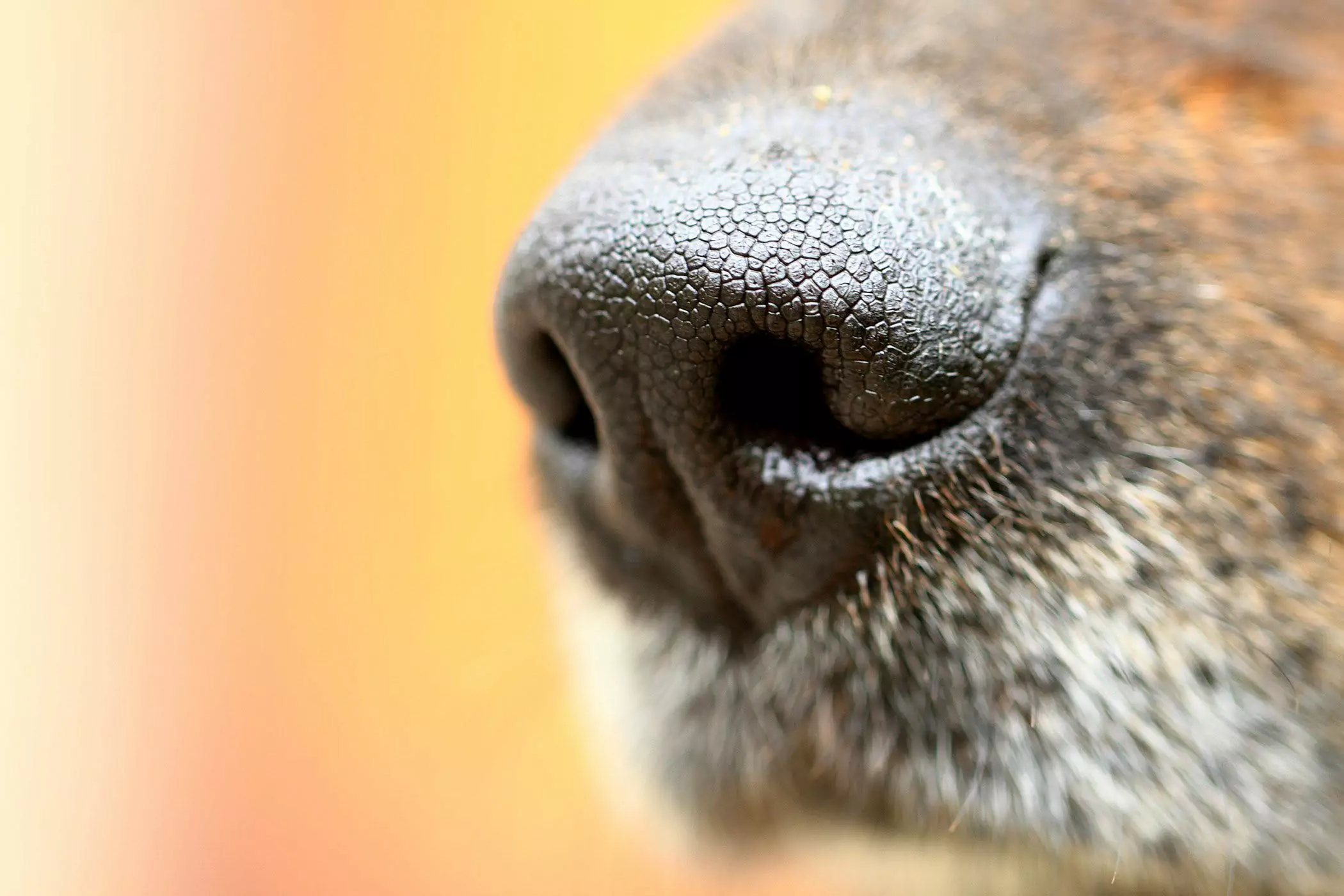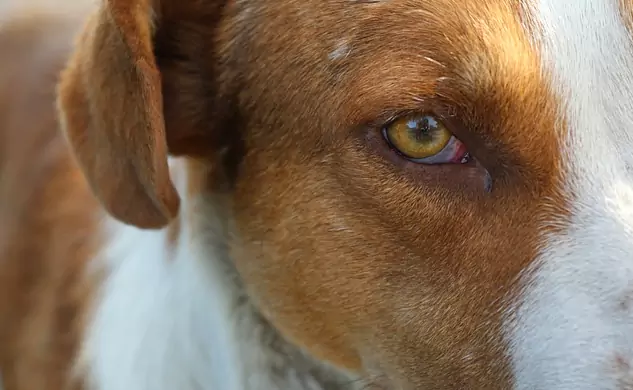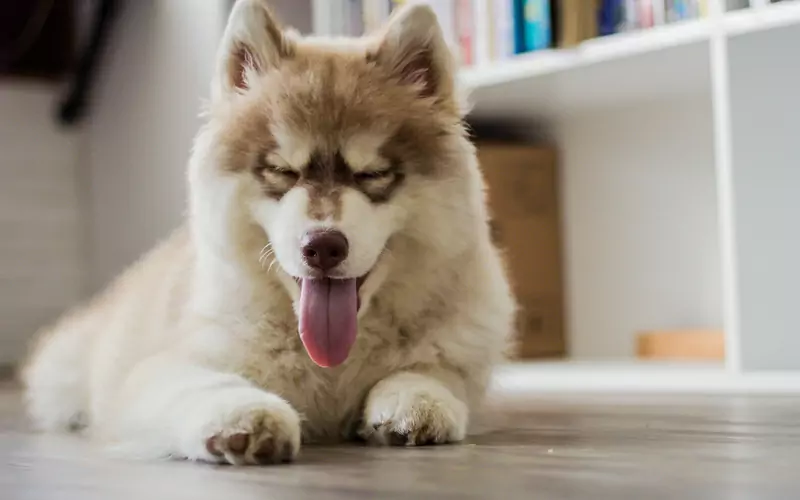Why won't my dog eat? Why is my dog losing his appetite?
2022-07-08
I. Dogs have no appetite lately, and these eight reasons why it affects your dog's appetite are for owners to determine for themselves
Have you ever been concerned about a dog's appetite? A dog can skip a meal or two and still be alive and well, but if you find your dog not eating for a long time, be more alert. There are many reasons for a dog's decreased appetite, and sometimes it can be a sign of a health problem. So keep a close eye on your dog's reduced appetite. Here are some of the reasons why a dog's appetite decreases
1. Illness
If your dog had a good appetite, but suddenly becomes much less appetizing, or even does not eat for a long time, then you should first consider whether he is sick. You should also keep an eye out for other symptoms, such as diarrhea, vomiting, dehydration, lethargy, or weight loss, that could indicate the severity of the problem. Since many diseases can make dogs anorexic, such as infections, organ failure, cancer, etc., you should take your dog to the doctor as soon as you notice his appetite is abnormally low.
2. Overfeeding
Your dog's appetite has decreased, he may be eating too much. Be sure to control the amount of food your dog eats in a day. Some dog food packaging recommended feeding amount is too much, you have to determine how much to feed according to the standard of a healthy diet. The snacks and fruits you feed your dog are part of the total amount of food for the day.
So, count the main food and snacks together to develop a healthy and moderate feeding amount. And you can also take more exercise every day so that it consumes the body's energy, which is conducive to enhancing its appetite.
3. Temporary stress
Stress can make your dog's appetite drop. If the life your dog is used to suddenly changes drastically, such as having a new dog in the house or moving to a new home, these can bring stress to the dog and make it very nervous. These emotions can affect its appetite.
Symptoms of decreased appetite caused by stress can disappear as the dog gradually adjusts to life, while if your dog still has not regained his appetite after a long time, they may have severe anxiety, and then you will have to seek veterinary help.
4. Anxiety
Anxiety disorders are different from temporary stress, it is continuous. Anxiety can affect digestion, and dogs plagued by anxiety will not only lose their appetite but also have intermittent vomiting and diarrhea. It is best to seek veterinary help for your dog's anxiety problems, they are also experienced in this area.
5. Dental disease
People with toothaches can't eat well, and neither can dog with toothaches. Dental disease not only causes pain when your dog eats and makes him lose his appetite, but if left untreated, it can also lead to liver, kidney, and heart problems.
So, before your dog has any major dental problems, get him checked by a veterinarian urgently and follow the doctor's advice to start dental health maintenance.
6. Vaccine or drug reactions
Loss of appetite, accompanied by lethargy and low fever, are normal and common in dogs after vaccination. However, if your dog has a severe reaction, such as vomiting, hives, facial swelling, etc., you should take him back to the clinic immediately for medical attention.
Some medications can upset your dog's stomach and thus reduce your dog's appetite, such as painkillers and antibiotics. We should try to feed our dogs medication only after they have had a full meal.
7. Aging
As dogs begin to age, they will eat less. Dogs become less active as they get older, so they don't need to consume as much energy and therefore eat less.
For your aging dog's reduced appetite, you can discuss this with your veterinarian to see if it is normal for old age to cause less food, or if it is something else. You can ask your veterinarian to help your dog develop a nutritious, healthy menu that will allow your older dog to eat a little better.
8. Picky Eaters
Some dogs don't eat because they are picky. A dog's picky behavior can be taught by its owner. If their owner feeds them fancy food often enough for them to get into the habit, then they will become picky eaters and disdain coarse foods.

II. Why do dogs lose their appetite?
The situation of dogs not eating is something I believe many owners have encountered at one time or another. Like every parent who worries about their baby, owners are helpless and worried about their dogs not eating. However, the difference is that dogs cannot express their needs as babies do, and many times we need to find out the problem based on their behavioral performance.
How to determine why your dog is not eating
Most dogs can sustain themselves without food for three to five days, and in individual cases may survive for seven days or longer. However, if your dog is eating for more than two days or even longer, then you must figure out why your dog is not eating. Before figuring out why owners need to think back to the following questions.
Has the dog recently changed its dog food?
Is the dog showing signs of stress?
Has there been a change in the surroundings?
Has the dog shown any other health abnormalities?
Next, the owner can follow the steps below to investigate the reasons why the dog is not eating.
Observe the dog's behavior
Check the dog's mouth and body
Check the dog's food
Check the surrounding environment
Reasons why dogs don't eat
1. Disease problems
Dogs that have recently taken some medical measures or suffered from certain medical conditions may show a loss of appetite. Common diseases that cause loss of appetite in dogs include allergies, infections, pain caused by injuries or oral problems, parasites, etc. Usually, a dog's illness is often accompanied by other signs of illness in addition to a loss of appetite. In addition, dogs may also suffer from loss of appetite due to shock after hospital treatment or after vaccination.
2. Environmental problems
Dogs can be affected emotionally by changes in their surroundings and conditions, which can lead to a loss of appetite. One common scenario is a dog refusing to eat after a change in surroundings (new home, new owner, new food bowl, etc.). Changes in the weather, the departure of a companion, or changes in feeding times can also cause a dog to not eat. In addition, dogs may also experience a decrease in appetite due to separation anxiety. Although these situations are different, dogs change their emotional behavior due to changes in the external environment. Ultimately, it is the dog's mood swings that cause the loss of appetite to occur.
3. Food problems
If your dog refuses to eat, you may also need to think about whether there is a problem with your dog's food. Dogs may chew their food because it is spoiled or they are not used to the taste of new dog food. Also, if you have occasionally given your dog better-tasting food or fed him too many snacks, he may not eat because he is a picky eater.
How to deal with dogs not eating
1. Medical problem response
If a dog's loss of appetite is caused by a medical problem, the most efficient way to deal with it is to take the dog to the hospital as soon as possible for examination and treatment. We do not recommend that the owner do their treatment, when the cause of the disease can not be determined improper treatment may accelerate the deterioration of the dog's condition.
2. Behavioral environment response method
Loss of appetite in dogs involves behavioral and environmental causes and is largely related to stress in dogs. We may need to give the dog some appropriate exercise and games before meals to relax and burn energy. After physical activity, the dog will feel hungry, and it may be easier to feed the dog at this time. When the dog eats, the owner can praise the dog appropriately, so that it has a good impression of the eating behavior. Even if the dog does not eat, the owner should not punish it. Correcting a dog's emotional behavior is a long process and owners need to spend more time and effort to improve it. If the problem is really serious, the owner can also consider having a professional dog trainer gives the dog training.
3. food problem response method
If your dog refuses to eat because he is not used to the new dog food, the easiest way is to switch him back to the familiar dog food. If for some reason you have to choose a new dog food, or if your dog is not eating because it is a picky eater, you may want to use a gradual approach to get your dog to accept the food slowly. Owners can first mix a small amount of the new dog food with the original dog food, and then gradually increase the proportion of the new dog food after the dog gets used to it until the new dog food completely replaces the old food. In addition, the owner should remember that the usual snacks can not let the dog eat too much, which may also be one of the reasons why the dog does not eat.
In short, there are many reasons why dogs do not eat. Owners must find the right reason, the right remedy, to let their dogs resume the appetizing appearance of the previous big mouth to eat.
Was this article helpful to you?
Other links in this article
português (Brasil):
Por que meu cachorro não come? Por que meu cachorro está perdendo o apetite?
中文简体:
为什么我的狗不吃东西?狗狗为何食欲不振?
中文繁体:
為什么我的狗不吃東西?狗狗為何食欲不振?
Comments
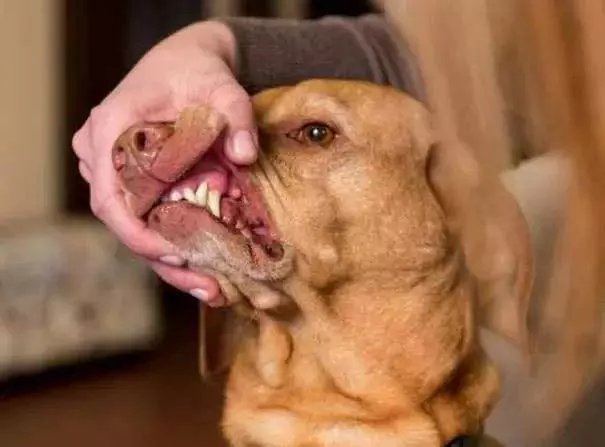
Is a dog's mouth cleaner than a human's? Dogs' mouths need regular cleaning

Can dogs eat beans? Do dogs eat beans for health?
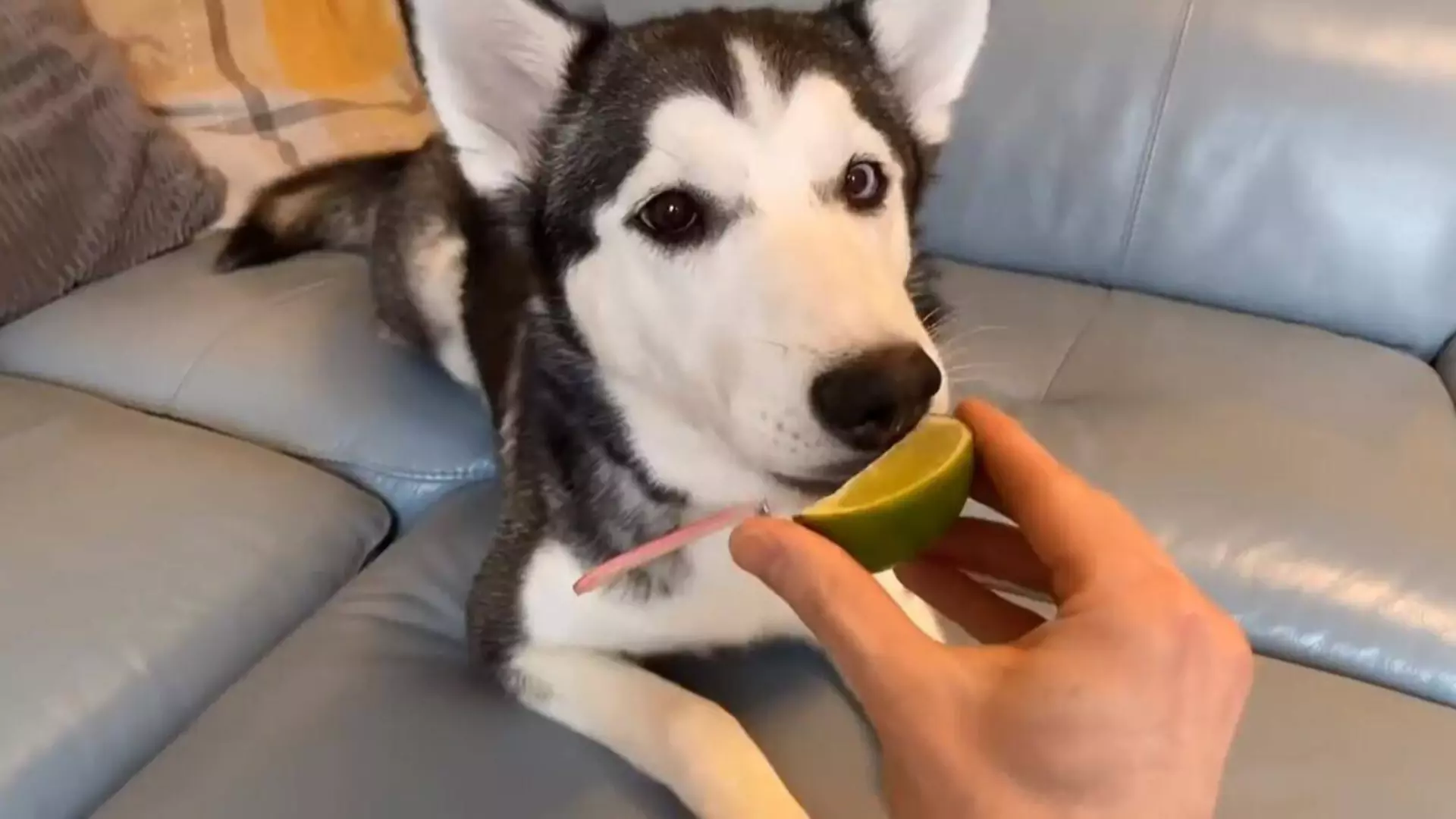
Can dogs eat lemons? Fruits that dogs should not eat more of

Do dogs have nightmares? Are dogs' dreams similar to humans'?
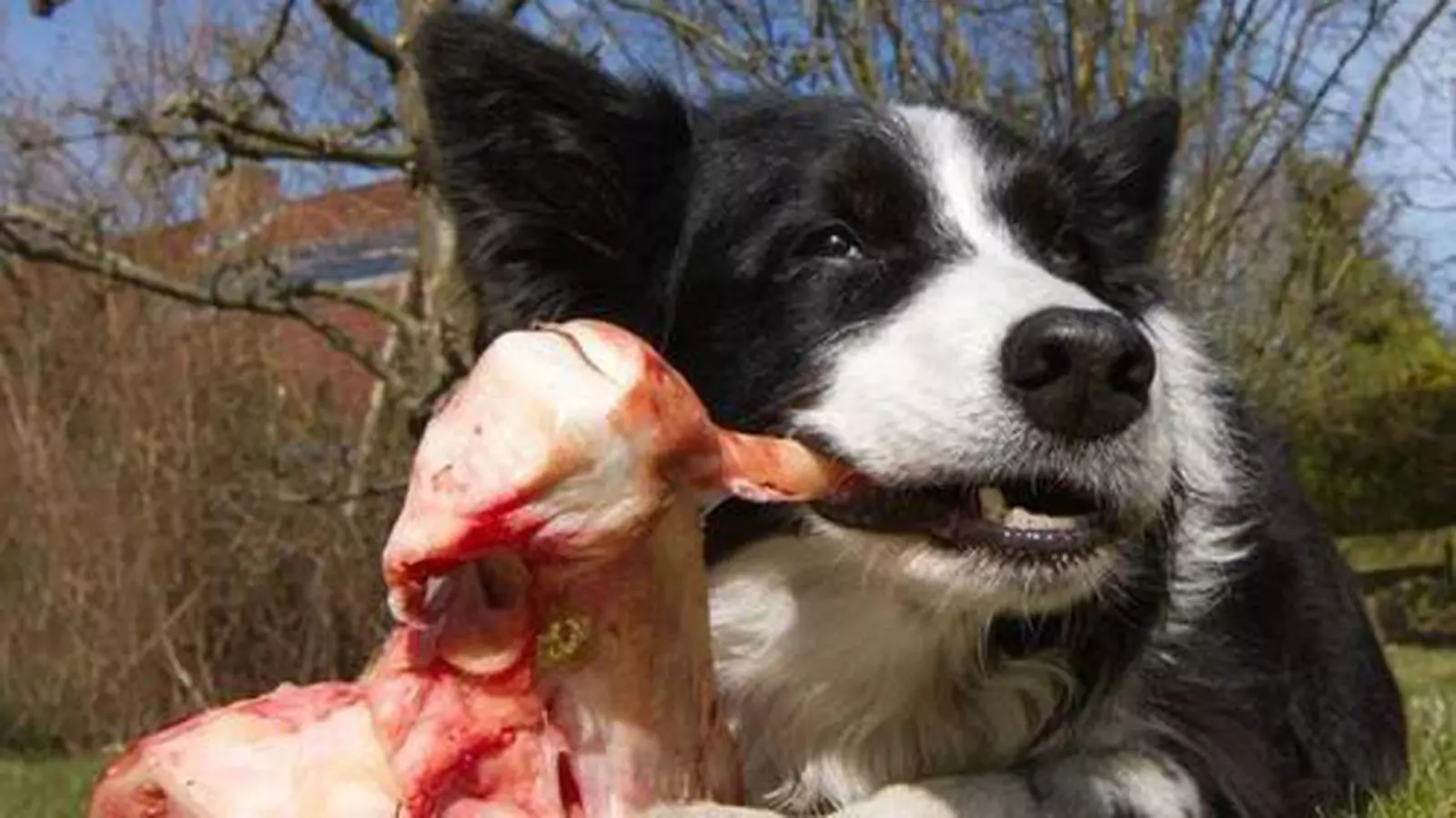
Can dogs eat raw beef? The benefits and drawbacks of beef for dogs
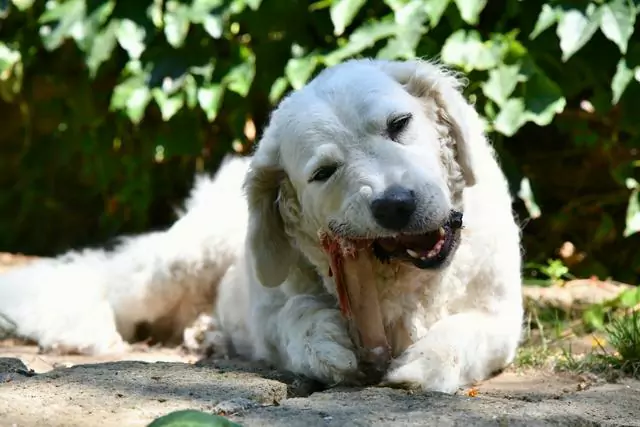
Is raw meat good for dogs? Can dogs eat raw chicken?

Can dogs eat pomegranates?

Can dogs eat ham?Can all types of ham hocks be eaten?

How to give a dog a bath

Can dogs eat kimchi?





